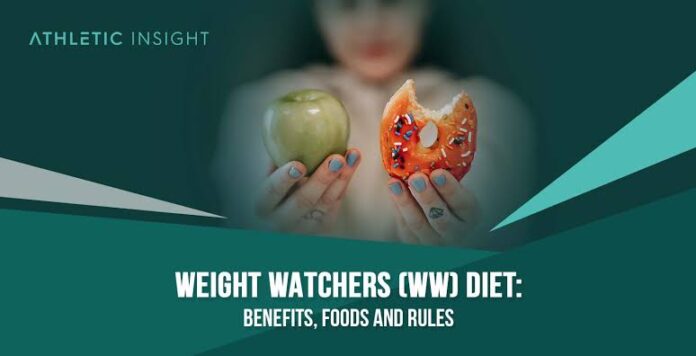The key to long-term health is figuring out how to deal with the emotional aspect of weight cycling and creating a healthier connection with food and your body. These travel tips should prove useful:
Compassion for oneself: Put self-care and acceptance into practice. Treat yourself kindly no matter your size or shape. Realize that your value is not based on how you look.
Eat more thoughtfully. Listen to your body to determine whether you are full or hungry, eat slowly, and enjoy every bite. A more positive relationship with food is one benefit of practicing mindful eating.
Learn to recognize the feelings that lead to bingeing or restricting your food intake. Try engaging in a hobby, having a conversation with a friend, or learning relaxation techniques as a means of dealing with your feelings.
Ask for Help:
Think about talking to a professional counselor or therapist about your struggles with food and how you feel about your body. In therapy, you can feel safe addressing these deeper emotional issues.
Affirmations of the Positive: Counteract negative thoughts with optimistic affirmations. Instead of being hard on yourself, try being supportive and loving instead.
This is the Recommended Book that Will teach you more on Weight Watchers and Weight Cycling that will Aid to Weight Loss, and Also let You Know The Benefits.

Aim Reasonably:
Pay more attention to how you feel overall than you do to a number on the scale. Establish achievable targets for your diet, exercise, and stress reduction efforts.
Rejoice in Successes That Can not Be Measured:
Reward yourself for progress that is unrelated to your weight, such as having more energy, becoming more physically active, sleeping better, or adopting a more optimistic outlook.
Positive body image:
Think positively about your physique and the people around you. Keep up with accounts on social media and read materials that encourage self-love and acceptance of one’s physical appearance.
Do not Be a Part of the Diet Mentality: Challenge diet culture messaging and unrealistic beauty standards. Realize that diets can be harmful to your mental health and contribute to yo-yo dieting.
Alterations to One’s Way of Life Over Time:
Instead than looking for easy fixes, try making changes that will last. This can involve adopting a balanced and varied diet, regular physical activity, and stress management approaches.
A Thankful Heart:
You may help yourself feel better about yourself regardless of your size or how you look by keeping a gratitude notebook.
Community Assistance:
Find those who are also trying to improve their relationship with food and their bodies and join forces with them. Communicating one’s thoughts and feelings to others is a powerful tool.
If you are experiencing emotional difficulties because of your weight cycling, remember that it is normal to seek professional treatment. A licensed therapist or counselor can give you individualized advice and encouragement. Improving one’s mental and physical health is the end goal of the long process of forming a more positive connection with food and one’s body.


